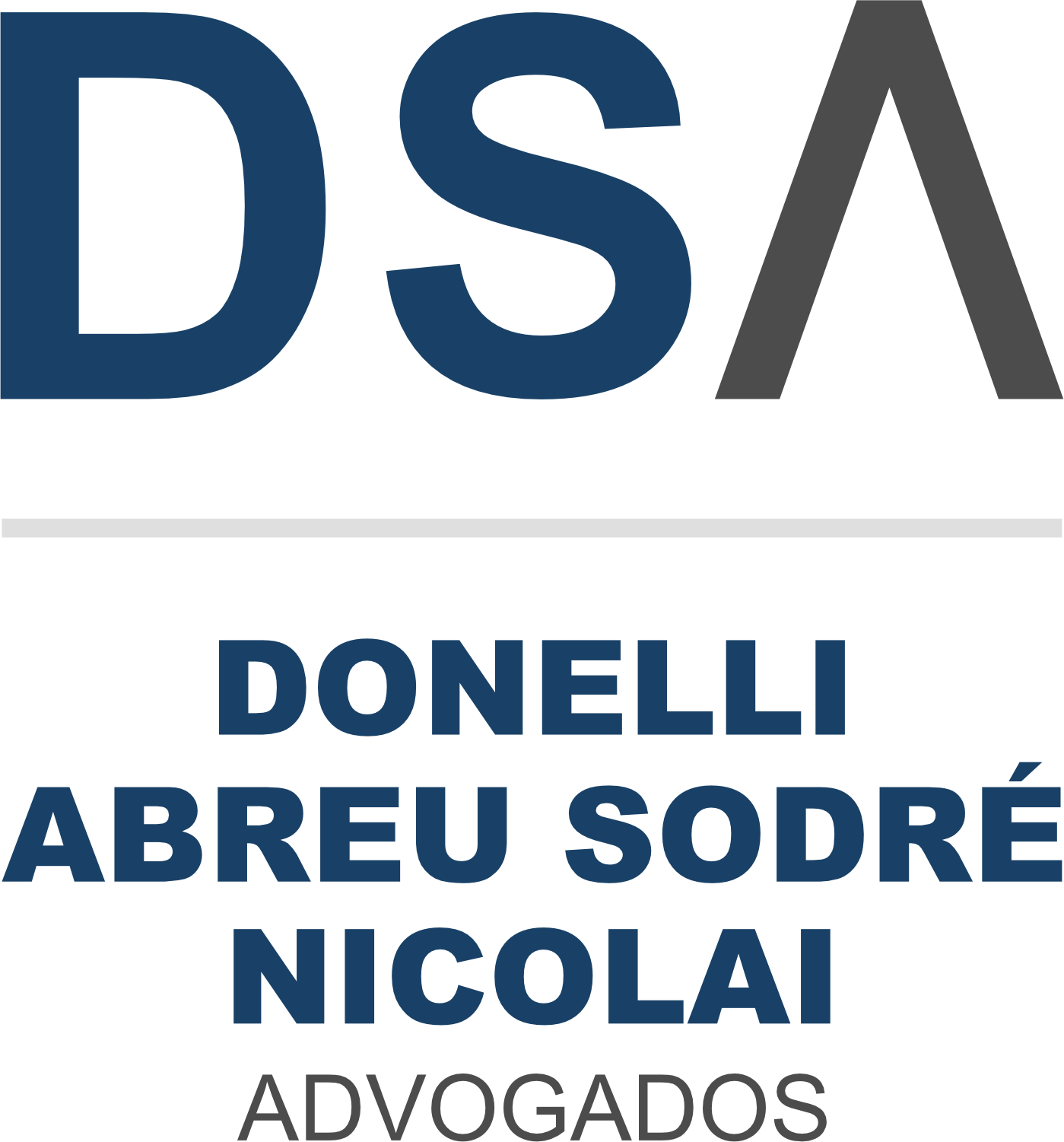The Brazilian Senate has approved Bill of Law from the Executive Branch No. 5,387/2019 (Bill 5,387/2019), which introduces relevant changes to the Brazilian exchange market. The Bill is now pending of presidential approval.
The goal of said Bill 5,387/2019 is to modernize, simplify and make the Brazilian exchange system more efficient, aiming at aligning it with regulations adopted by OECD (Organization for Economic Cooperation and Development) member countries and, as such, reduce barriers for importation and exportation of goods and services, productive investments, and free capital movement.
Among the innovations brought by Bill 5,387/2019, which in great part demands on further regulation by the Central Bank of Brazil (“Central Bank”), we highlight the following:
— Reaffirmation of the Central Bank competence to discipline the cases in which deposit accounts in foreign currencies may be held in Brazil, allowing higher protection level against exchange variation effects (today, there are very limited authorized cases);
— Pending further regulations by Central Bank, the facilitation to international bodies, central banks and financial institutions to hold custody / deposit accounts in Brazilian Reais, benefiting the negotiation of Brazilian Reais in global markets, as well as its convertibility;
— Details of the powers of the Central Bank to regulate the foreign exchange market; to discipline the constitution, operation and supervision of institutions authorized to operate in the foreign exchange market, including the transfer of control; apply sanctions, among others;
— Authorization for the realization of private offsetting of credits between residents and non-residents, in the cases yet to be regulated by the Central Bank;
— Authorization, in some cases, for payment of enforceable obligations in Brazil through payment in foreign currency, for example: in contracts relating to foreign trade; indirect exports; in the purchase and sale of foreign currency; in situations that may mitigate exchange risk or increase business efficiency, in accordance with the discipline of the National Monetary Council (CMN).
— Possibility of entering the country or leaving with up to US$ 10,000 or its equivalent in other currencies. Today, the limit for this type of transaction is R$ 10,000.
— Waiver of identification and taxation requirements for purchases or sales of up to US$ 500, provided it is occasional and non-professional.
— Possibility of investment abroad by financial institutions, with funds raised in Brazil, that will also be authorized to carry out credit and financing operations to non-residents, in compliance with the regulations of the Central Bank and CMN.
Other possible effects arising from the new legislation will include greater opening for transactions with Brazilian Reais in real time (international “PIX”), as well as the implementation of the “digital Brazilian Real”, under development by the Central Bank.
Furthermore, several sparse and/or obsolete exchange rules have been revoked.
Bill 5,387/2019 is welcome as it favors the modernization and systematization of the Brazilian foreign exchange legislation, in a context of a more digital economy and a strong devaluation of the Brazilian real, especially in the midst of the pandemic. The new legislation, pending presidential sanction, is expected to bring greater efficiency and alignment with current market standards.
Authors:
Suzana C. Cencin Castelnau – suzana.castelnau@dsalaw.com.br
Arthur Barreto – arthur.barreto@dsalaw.com.br
For further information and clarifications, please contact:
Luiz Donelli – luiz.donelli@dsalaw.com.br
Eduardo Abreu Sodré – eduardo.sodre@dsalaw.com.br
Suzana C. Cencin Castelnau – suzana.castelnau@dsalaw.com.br
Arthur Barreto – arthur.barreto@dsalaw.com.br








